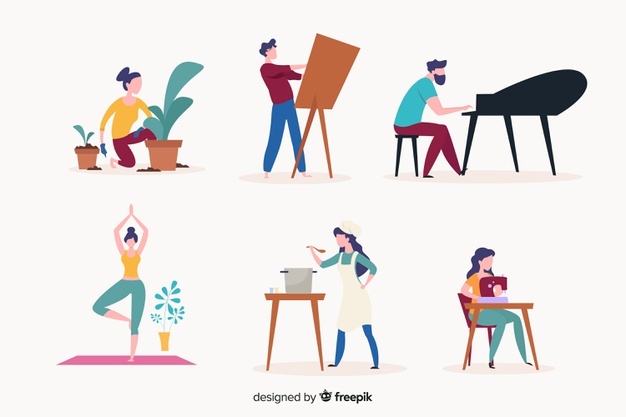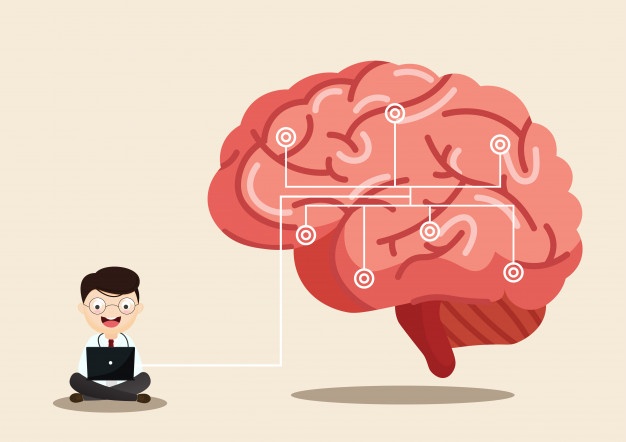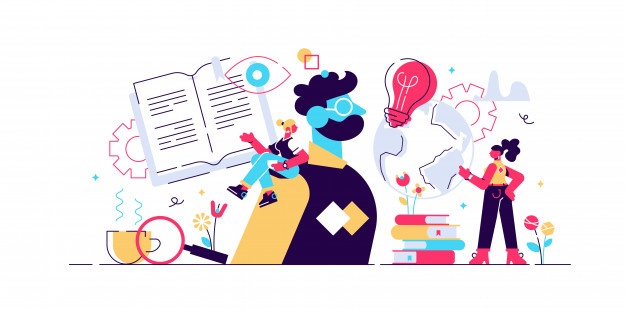Cognitive decline is inevitable as we get older. According to the American Psychological Association, “brain volume peaks in the early 20s and gradually decreases over the rest of life.”
But your lifestyle can slow down the process. You can preserve and even increase your mental abilities as you age. Simple behavior changes can help us stay alert for as long as possible. What you do or don’t do makes a big difference to your memory skills.
Seeking physical and intellectual challenges, no matter how uncomfortable, is one of the best ways to slow down the natural process of memory impairment. New challenges are a way to exercise your mind and build new paths.
Embrace New Learning Styles/Formats

Everyone learns in different ways. Reading may be extremely effective, while your friend prefers to watch a video or listen to a podcast. Each path creates different experiences and memories.
Most people have a dominant style and tend to use it to gain new knowledge. Others use a combination of different types of content: publications, lectures, documentaries, books (digital and physical), and podcasts.
Research shows that each learning style uses different parts of the brain. By involving the brain more during learning, you can improve your ability to recall information and remember more of what you learn.
A new learning style can improve your brain’s information processing over time. Develop a skill in less dominant learning styles and you can find something new in a completely different and enjoyable way.
Cultivate a Broad Range of Artistic Interests

Taking up a new hobby or rediscovering an old one (drawing, painting, photography, dancing, doing something in response to music, gardening, etc.) can help improve your concentration, mood, and memory.
Artistic hobbies stimulate the brain to develop new ones, using the senses in new ways.
Learning something new requires you to make a physical, mental, or emotional effort. Any hobby that involves a lot of attention to detail can prevent cognitive decline and improve memory.
In addition to relieving stress and engaging the whole brain, hands-on art activities are a form of “neurobics” says Dr. Lawrence Katz in his book “Keep Your Brain Alive: 83 Neurobic Exercises to Prevent Memory Loss and Increase Mental Fitness. “.

Katz says that art builds connections between neurons and stimulates the brain to develop new ones, using the senses in new ways.
READ RELATED: Do you REALLY need a personal trainer? 5 reasons why working with a PT is worth it
So while physical exercise, games, and meditation help protect your brain from cognitive decline, don’t neglect the benefits of artistic hobbies like drawing, painting, photographing, or learning to play a musical instrument.
Becoming a Lifelong Learner Can Help You Maintain a Healthy Brain

A constantly stimulated brain can be the key to a vibrant life.
Lifelong learning: the “continuous, voluntary, and self-motivated” search for new knowledge can keep our brains functioning at optimal levels, which can limit cognitive and memory decline as we age.
When you learn something new, your brain not only gets smarter, it also gets stronger; the new information strengthens the pathways between neurons in the brain.
Whenever you give your brain new information, you are helping to protect it from the natural deterioration that comes with aging.
Lifelong learning is the key to maintaining cognitive function, ”says Rosebud Roberts in the Mayo Clinic study published in Neurology.

“It’s a ‘use it or lose it’ scenario. When you participate in cognitively stimulating activities, you are strengthening synaptic connections, but if you don’t use these circuits in your brain, the connections will degenerate, she adds.
Mentally stimulating learning in life makes a huge difference in memory retention.
Lifelong learning is a journey, not a destination: there is never a lack of new things to learn. Choose to learn skills, ideas, and concepts that you find interesting and the journey will be fun.
A hobby is not just a way to pass the time; It can also keep your brain active, increase your cognition, and improve the quality of your life. Take some time to learn some hobbies.
Given what the research tells us, they’ll keep your brain wonderfully healthy.
Source: crfatsides









